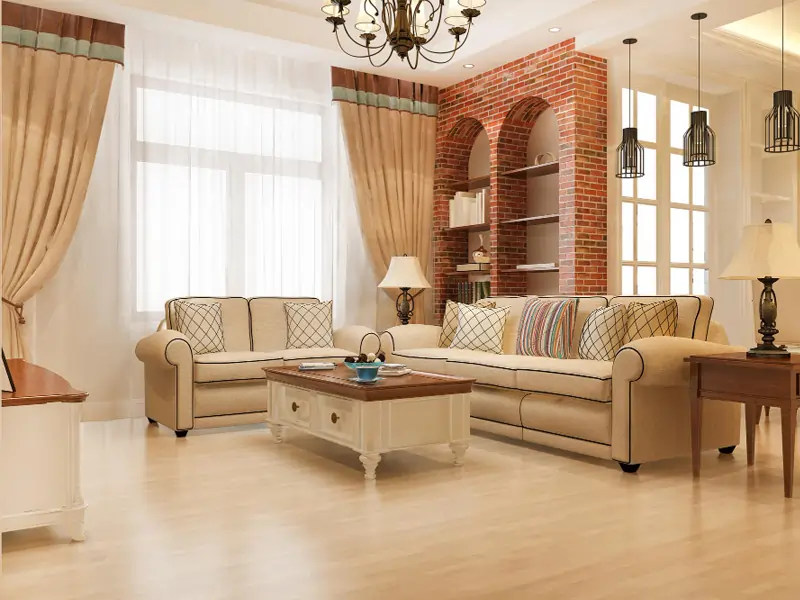
For the Mishra family, the end of every 11-month lease brought with it a familiar unease. Their rented apartment, no matter how nicely done up, never truly felt like home. With two children in school, a working couple, and aging parents occasionally visiting from the village, shifting houses almost every year had become an exhausting ritual.
Neighbours would often ask with a raised eyebrow, “Phir se shifting? Aap log kahaan ke asli waale ho?” — subtly pointing to the lack of roots, of permanence, of “belonging.” It wasn’t malicious, but it stung.
The children, Ayush and Anaya, dreaded the uncertainty. New landlords meant new rules. Some apartments didn’t allow pets. Some had nosy neighbours. Some landlords wouldn’t approve even a nail in the wall for hanging family photos. And schools? The change in pin codes often forced re-admissionThey weren’t poor. They were practical. Renting seemed flexible — until it wasn’t.
The decision to buy a house is often seen through the lens of financial investment. But in truth, it impacts far more than just your bank balance.
In a society like ours, owning a home is still considered a symbol of stability and respect. It tells the world that you've "settled." That you belong. The Mishra family noticed this shift the moment they moved into their own flat. The tone of the conversations changed — from “Aap log yahan kitne time ke liye ho?” to “Welcome to the society. Join the committee?”
Homeownership brings with it a kind of quiet dignity. A sense of rootedness.
Unlike rent, which is a recurring expense without return, EMIs contribute toward an appreciating asset. Over time, a house becomes not just a roof over your head, but a legacy — a safety net for your children, a source of security in retirement, or even a fallback option during emergencies.
Children thrive on consistency. A fixed address, the same group of friends, and a known neighbourhood contribute to emotional stability. Studies have shown that kids who grow up in a stable home environment tend to perform better academically and develop stronger emotional intelligence.
For Ayush and Anaya, decorating their room without fearing the landlord’s opinion became a joy they hadn’t experienced before.
From choosing your own wall colours to planting a tree in your balcony, owning your home gives you the power to personalise. It fosters a sense of pride and emotional ownership — something renting simply cannot offer.
The Mishras painted their living room in warm terracotta, added a bookshelf along the entire wall, and planted a Tulsi in their balcony. Their home began to reflect them — not just a standard set of rules by a landlord.
Rent often increases unpredictably. Owning a home (especially with a fixed-rate loan) brings financial predictability. It also instils a disciplined savings habit, as EMIs are essentially forced investments.
Over time, the Mishras found that their EMIs were only slightly more than what they paid as rent — and with every payment, their equity in the property increased.
A house is not just a structure. It's the feeling of being rooted. It's about walking into a space and knowing you won't have to leave it in 11 months. It's about watching your kids grow in the same room year after year. It's about the satisfaction of turning the key and knowing that the door opens to something that's truly yours.
The journey from renting to owning may not be easy, but for many like the Mishra family, it is transformative — financially, socially, and emotionally.
Because at the end of the day, home isn't just where the heart is — it's where the future begins.
